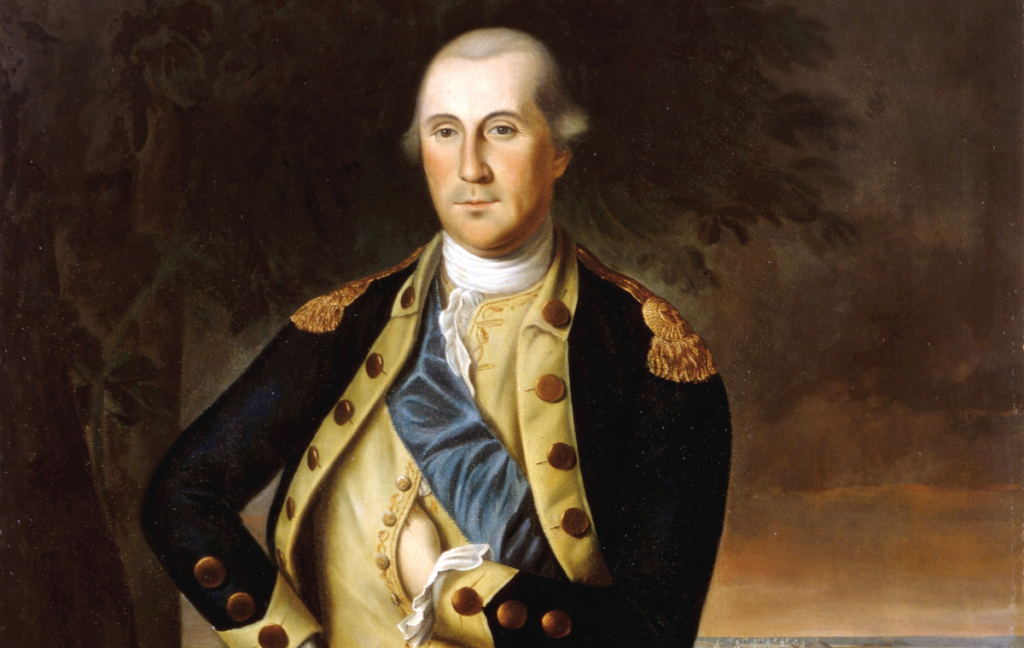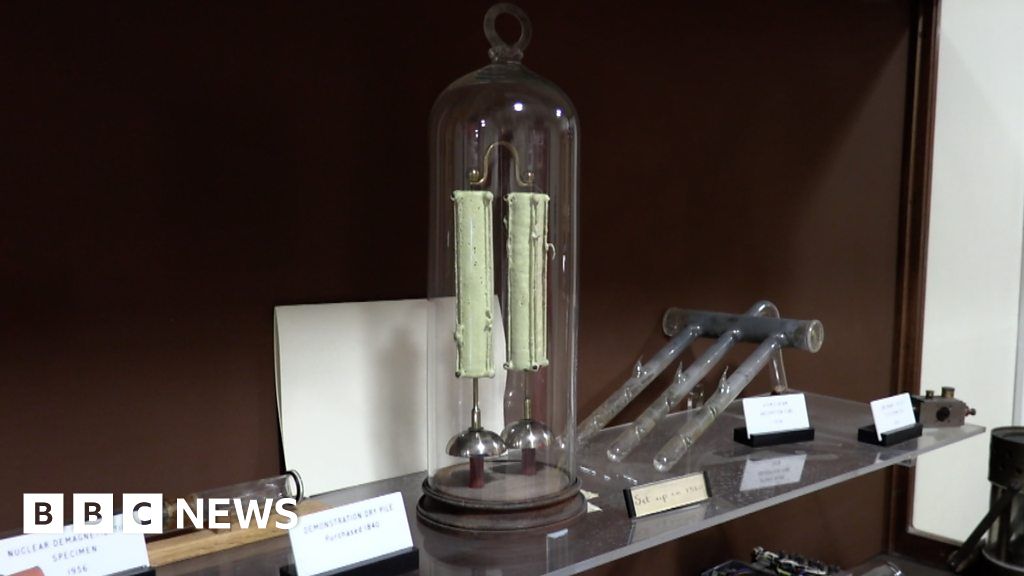
From Mental Floss: “During the American Revolution, George Washington approved a plan to kidnap a 17-year-old midshipman. Such kidnappings were not unusual. Throughout the war, Continental and British army leadership attempted—and sometimes succeeded—in kidnapping colonial governors and high-ranking military officers to gain leverage in stalled negotiations. The British unsuccessfully tried to abduct Washington himself in 1780. The teenaged midshipman was Prince William Henry, a son of King George III and third in line to the throne. William Henry arrived in New York City’s harbor on September 26, 1781, aboard the HMS Prince George; he was the first member of the British royal family to set foot in the American colonies.”
James Joyce used to pick drunken fights and then hide behind Ernest Hemingway

From Open Culture: “Hemingway characterized Joyce as a thin, wispy and unmuscled man with defective eyesight, and also noted that the two writers did a certain amount of drinking together in Paris. The author of Ulysses and other books would routinely pick drunken fights, then duck behind his burly friend and say, “Deal with him, Hemingway.” Hemingway, who was convinced he had the makings of a real pugilist, was likely happy to oblige. Hemingway’s biographer wrote that Joyce was an admirer of Hemingway’s lifestyle and worried aloud that his books were too “suburban” next to those of his friend. Joyce said “there is much more behind Hemingway’s form than people know.”
Note: This is a version of my personal newsletter, which I send out via Ghost, the open-source publishing platform. You can see other issues and sign up here.
In 2004 a man went on a rampage through a Colorado town in an armored bulldozer

From Denver7: “It’s been called the “Killdozer” rampage, and on June 4, 2004, it played out on the streets of the Grand County town of Granby to the horrors of residents and business owners alike. The armored 85-ton bulldozer, modified and driven by Marvin Heemeyer, knocked down 13 buildings and destroyed a large portion of Granby’s business district, causing more than $5 million in damages. Heemeyer was upset with his neighbors after losing a property dispute over land near his muffler shop and upset with the town when they didn’t take his side. Heemeyer shot from the bulldozer as well, including from a 50-caliber rifle. No one was killed. The ordeal ended in Heemeyer taking his own life inside the cabin as swat members began moving in on the stuck makeshift tank.”
(Editor’s note: If you like this newsletter, please share it with someone else. And if you really like it, perhaps you could subscribe, or contribute something via my Patreon. Thanks for being a reader!)
He ran 200 miles to tell the world that Mount Everest had been conquered

From Outside: “By the time Tenzing Norgay and Sir Edmund Hillary reached the summit of Mount Everest in May of 1953, the British had been trying to climb it for 31 years. Several other countries had been trying to find their way to the summit at 29,035 feet, threatening to grab the prize away from the Crown. So when Tenzing and Hillary reached the summi, their feat was a source of pride for the whole empire. Jan Morris, a London Times reporter, was embedded with the expedition and had been waiting at a high camp for news of success or failure. Her only means of communication were the mail runners—a half-dozen trusted Sherpas who carried updates 200 miles to Kathmandu. A few weeks after the message arrived, the runner who carried it was dead.”
More than 180 years later this battery-powered bell at Oxford still rings

From Interesting Engineering: “For close to two centuries, a bell on display at the University of Oxford in England has been continuously chiming, marking it as one of the world’s oldest ongoing experiments. Dubbed the Oxford Electric Bell, its origins remain shrouded in mystery, with uncertainty surrounding the composition of the battery powering it. While a note accompanying the bell suggests its installation in 1840, some accounts suggest its operation could date back even earlier, to 1825. Originally procured by University of Oxford physics professor Reverend Robert Walker, the bell now resides within the university’s Clarendon Laboratory, safeguarded behind dual layers of glass.”
The world’s first tooth-regrowing drug will be given to humans in September

From New Atlas: “The world’s first human trial of a drug that can regenerate teeth will begin in a few months, less than a year on from news of its success in animals. This paves the way for the medicine to be commercially available as early as 2030. The trial, which will take place at Kyoto University Hospital from September to August 2025, will treat 30 males aged 30-64 who are missing at least one molar. The intravenous treatment will be tested for its efficacy on human dentition, after it successfully grew new teeth in ferret and mouse models with no significant side effects. Following this 11-month first stage, the researchers will then trial the drug on patients aged 2-7 who are missing at least four teeth due to congenital tooth deficiency.”
A pre-historic musical instrument made out of rocks
Acknowledgements: I find a lot of these links myself, but I also get some from other newsletters that I rely on as “serendipity engines,” such as The Morning News from Rosecrans Baldwin and Andrew Womack, Jodi Ettenberg’s Curious About Everything, Dan Lewis’s Now I Know, Robert Cottrell and Caroline Crampton’s The Browser, Clive Thompson’s Linkfest, Noah Brier and Colin Nagy’s Why Is This Interesting, Maria Popova’s The Marginalian, Sheehan Quirke AKA The Cultural Tutor, the Smithsonian magazine, and JSTOR Daily. If you come across something interesting that you think should be included here, please feel free to email me at mathew @ mathewingram dot com
